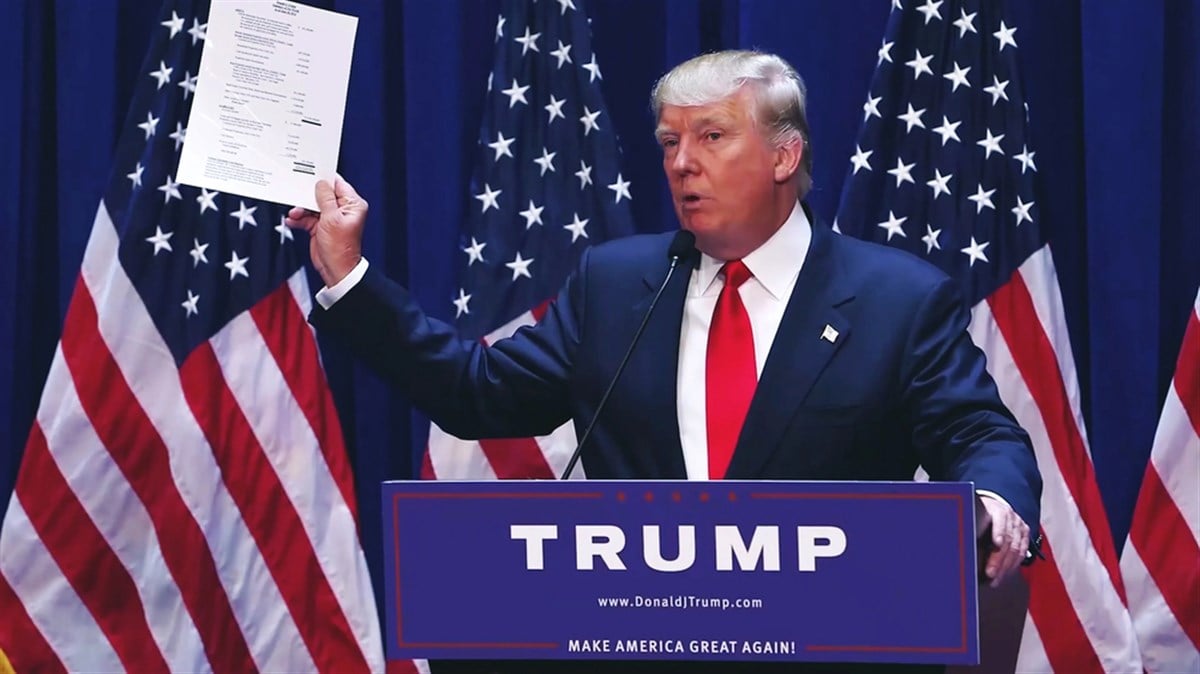
President Trump announced his plan for a federal agency called the “External Revenue Service” to handle the collection of tariffs and fees from other nations. Trump had previously stated he would charge a universal tariff of 10% to 25% to all nations and up to 60% for China on exports. The agency would eventually replace the Internal Revenue Service as the federal government would be funded through tariffs, not from its citizens.
The plan would need to be approved by Congress, but the Republicans already control the House and Senate. If the plan were to come to fruition, it would result in a surge in consumer spending and saving as taxpayers would get to keep up to 37% of their income that would have gone to the IRS. Here are three stocks that would benefit if the External Revenue Service (ERS) became a reality.
Charles Schwab: A Savings, Investing, and Trading Benefactor
The pandemic-driven stimulus checks illustrated how consumer spending, investing, and saving activity would bump up if citizens were given a piece of their tax money back. The financial service sector would be a prime benefactor with all the excess money returning to taxpayers. Charles Schwab Co. (NYSE: SCHW) is the largest retail broker in the United States, with $9.92 trillion in assets under management (AUM). They would bolster their bottom line with a surge in wealth management fees, trading volumes, and net interest income. Schwab generates the most net interest income among the retail brokers.
In its third quarter of 2024, Schwab was already recording record year-to-date (YTD) flows into Schwab Wealth Advisory, up 65% year-over-year (YoY). Around 35% of that came from converting over retail Ameritrade customers. Net assets gathering grew by 10% to $95 billion. Schwab generated $2.2 billion in net interest revenue in the quarter. The creation of an ERS would skyrocket these figures.
Target: Consumer Discretionary Spending Benefactor
The formation of an ERS agency would benefit both the consumer staples and consumer discretionary sectors thanks to the surge in disposable income for most Americans. Target Co. (NYSE: TGT) is a big box department store that offers both staples like groceries and discretionary items like video games, TVs, apparel, and jewelry.
It was the exposure to discretionary items that hurt its bottom line in its third quarter 2024 earnings report, sending shares lower by 22% the following morning. While Walmart Inc. (NYSE: WMT) has less exposure to discretionary items, it is also the nation's largest importer and would have to deal with the impact of export tariffs (squeezing margins) that the same ERS agency would be in charge of collecting.
Tapestry: Fashion Apparel and Accessories Benefactor
With a surplus of discretionary spending funds, consumers often gravitate to spending on luxury designer items like purses, handbags, and footwear. Tapestry Inc. (NYSE: TPR) operates luxury brands Coach, Kate Spade and Stuart Weitzman.
Its $8.5 billion acquisition attempt for Capri Holdings Ltd. (NYSE: CPRI) was squashed by the U.S. Federal Trade Commission (FTC) over antitrust concerns. The deal would have created a fashion powerhouse, and Tapestry would have added additional luxury brands, such as Jimmy Choo, Versace, and Michael Kors, to its portfolio. Tapestry decided to move on.
Putting the Past Behind and Moving Onward and Upward
Shareholders expressed a huge sigh of relief when Tapestry announced the termination of its merger attempt on Nov 14, 2024, especially when CPRI was trading 64% below its original $57 per share buyout price. Tapestry didn’t lose much stride as the company reported fiscal Q1 2025 EPS of 84 cents, missing consensus estimates by 9 cents, and revenue fell 0.4% YoY to $1.51 billion, still beating $1.47 billion consensus estimates.
Tapestry also raised its fiscal full-year guidance 2025 EPS guidance of $4.50 to $4.55, up from the $4.45 to $4.50 previous guidance versus $4.45 consensus estimates. FY 2025 revenues are expected to come in at over $6.75 billion, up from its previous estimate of $6.7 billion versus $6.71 billion consensus estimates. Tapestry announced a $2 billion stock buyback program to underscore its commitment to its shareholders.
Unfortunately, Capri Holdings shareholders were not so lucky as the company was much worse for wear, reporting an 8-cent EPS miss, a 16.4% YoY revenue drop, and no further guidance.